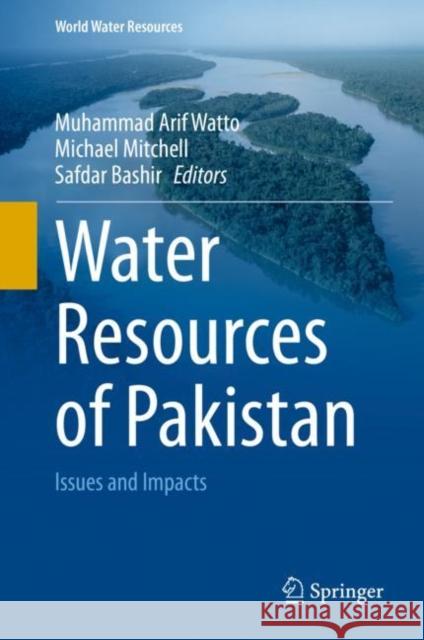Water Resources of Pakistan: Issues and Impacts » książka
topmenu
Water Resources of Pakistan: Issues and Impacts
ISBN-13: 9783030656782 / Angielski / Twarda / 2021 / 318 str.
Water Resources of Pakistan: Issues and Impacts
ISBN-13: 9783030656782 / Angielski / Twarda / 2021 / 318 str.
cena 563,56
(netto: 536,72 VAT: 5%)
Najniższa cena z 30 dni: 539,74
(netto: 536,72 VAT: 5%)
Najniższa cena z 30 dni: 539,74
Termin realizacji zamówienia:
ok. 22 dni roboczych.
ok. 22 dni roboczych.
Darmowa dostawa!
Kategorie:
Kategorie BISAC:
Wydawca:
Springer
Seria wydawnicza:
Język:
Angielski
ISBN-13:
9783030656782
Rok wydania:
2021
Wydanie:
2021
Numer serii:
000830214
Ilość stron:
318
Waga:
0.68 kg
Wymiary:
23.88 x 19.56 x 2.03
Oprawa:
Twarda
Wolumenów:
01











